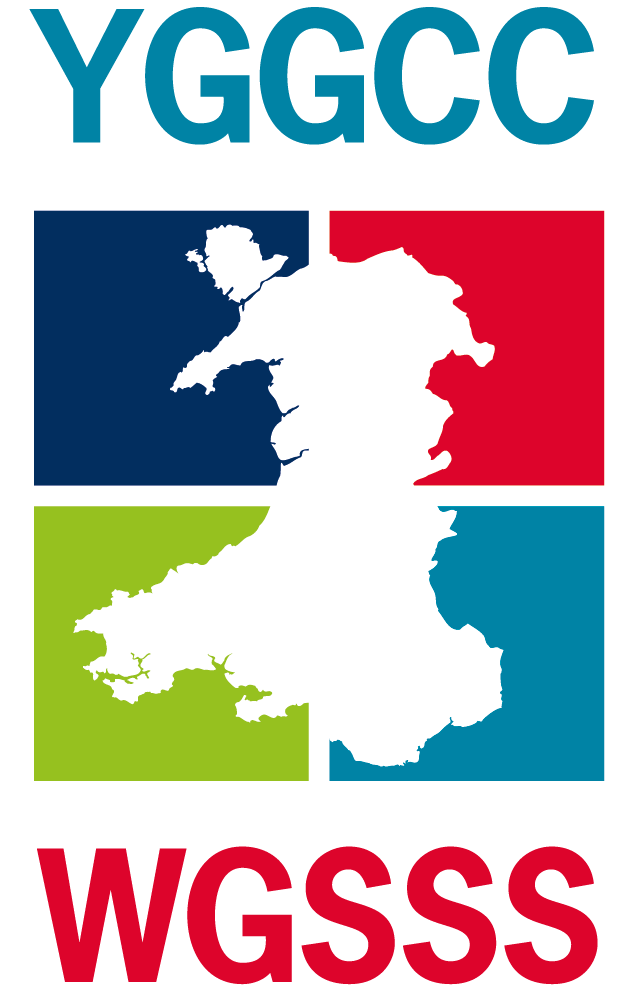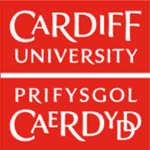
Start date: October 2022
Award: General
Subject Pathway:
Education
Thematic Cluster:
Language, Learning and Behaviour Cluster
Understanding national curriculum enactment: Choice and constraint in the Welsh school system
Under the reformed Curriculum for Wales teachers and schools are expected to design their school's curriculum (O’Prey, 2019; Welsh Government, 2020; BBC, 2020). As a result, Welsh schools will be provided with more flexibility and autonomy to make curricula decisions over content (O’prey, 2019; Welsh Government, 2020). However, little is understood about how schools will use these new flexibilities and the basis on which schools’ decisions will be made.
My study aims to analyse and understand what flexibilities are available to primary schools in terms of their curricula choices and how these flexibilities are being implemented in different social-economic areas after the introduction of the reformed Curriculum for Wales (Welsh Government 2020).
The proposed research study will be addressed through the application of the following research questions:
1. What curricula choices are available to Welsh primary schools?
2. How are schools using these flexibilities?
3. How, and by whom, are decisions on the available curricula choices in primary schools being made?
4. In what ways do external and internal factors influence schools' curricula choices?
Ontologically and epistemologically my study is located in the critical realist paradigm. There will be a use of a case study approach, which will include the implementation of mainly qualitative research methods in the form of interviews and document analysis to seek to better understand the interplay between structure and agency relating to the enactment of Welsh curriculum policy. Document analysis will be conducted on individual schools’ curriculum policies. The policies will include the schools’ curriculum maps, end-of-year expectations and curriculum statements. Structured interviews will be conducted with teachers and head teachers from the primary school settings whose curriculum policies have been analysed to build a deeper understanding of why certain choices have been made.
My study aims to include six schools, three from the most challenging area and three from the most affluent area in Wales. Written informed consent will be gained and schools and participants will remain anonymous (Silverman, 2016).
Literature highlights that there could be multiple factors that influence or restrict how Welsh schools are using increased flexibility within their curricula choices. These are present in the form of pedagogical debates, curricula beliefs, values and assumptions, accountability structures and wider political and societal controls (Apple, 1993; Frostenson, 2015; Schiro, 2013). This study will provide an opportunity for understanding what choices are available to Welsh schools, how they are being used, and possible factors influencing them in schools with varying social-economic contexts.
Bibliography
Apple, M. W. 1993. Official knowledge: democratic education in a conservative age. London: Routledge.
BBC. 2020. School curriculum overhaul for Wales published. Available at: www.bbc.co.uk/news/uk-wales-51267393 (Accessed: 11th December 2020).
Frostenson, M. 2015. Three forms of professional autonomy: de-professionalisation of teachers in a new light, Nordic Journal of Studies in Educational Policy, 4(2).
O’Prey, L., Powell, D., Jones, T., Burgess, A., Maughan, C., Usher, S., Kennedy, L., and Griffithes, E. 2019. Curriculum for Wales 2022 Feedback Analysis. Wales: Wavehill.
Schiro, M. S. 2013. Curriculum Theory: Conflicting Visions and Enduring Concerns (Second Edition). London: SAGE Publications.
Welsh Government. 2020. Curriculum for Wales. Available at: https://hwb.gov.wales/curriculum-for-wales/ (Accessed: 12th December 2020).

